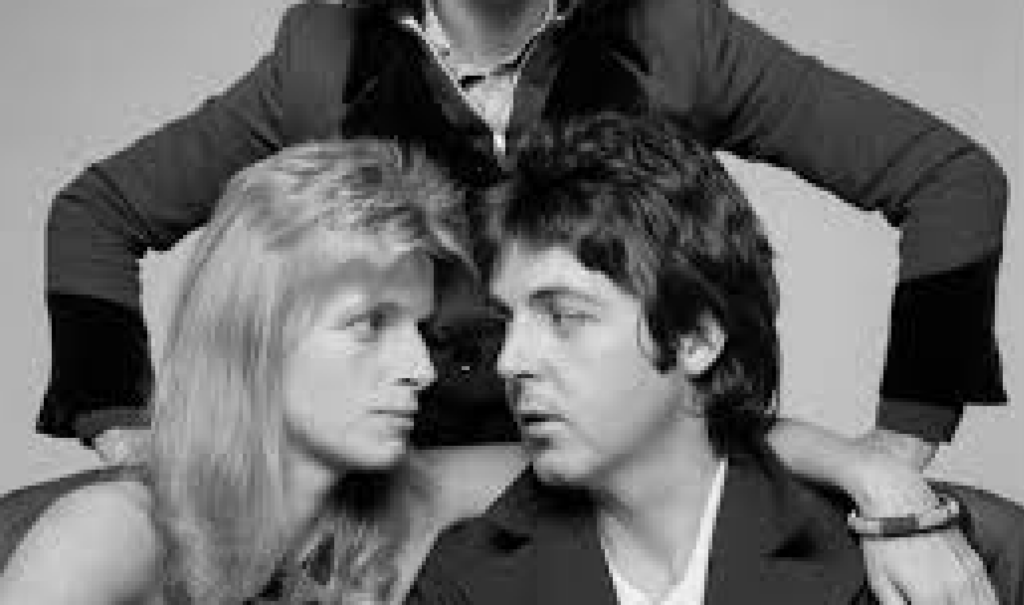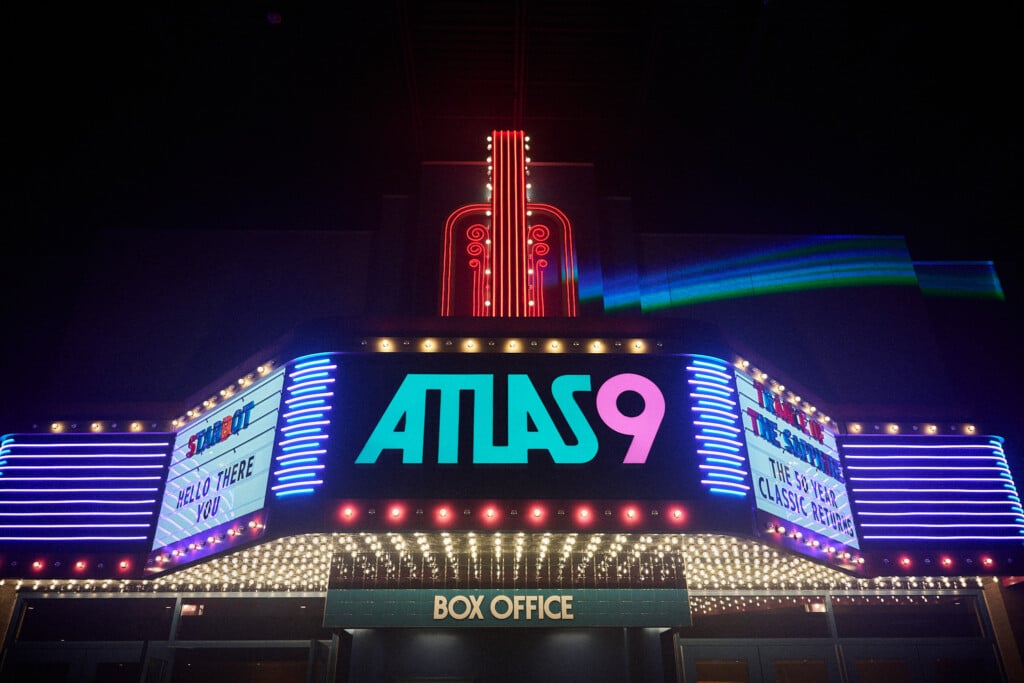Native Tongues
The opening credit sequence of Windtalkers — a montage of Monument Valley — instantly evokes memories of the opening of director John Woo’s previous film, Mission Impossible 2, in which Tom Cruise was dangling off a rock. It is the last moment of similarity between the two.
Windtalkers is a World War II epic based on a fascinating and relatively obscure story from that war: In order to frustrate Japanese codebreakers, the U.S. Marines recruited 29 Navaho Indians to develop a code based on their language — a tongue the Japanese were unlikely to identify. (Other Native-American languages had been similarly used in World War I.) Eventually hundreds of Navaho “code-talkers” were employed as the backbone of communication in the Pacific war effort. It wasn’t until 1968 that the code was declassified and the story emerged.
After a very brief introduction to code-talkers-to-be Ben Yahzee (Adam Beach) and Charlie Whitehorse (Roger Willie), we meet the movie’s real protagonist, Sergeant Joe Enders (Nicolas Cage), in the midst of a chilling battle during which his strict adherence to orders gets everyone under his command killed. Despite being haunted by this failure — or, perhaps, because of it — Enders is eager to get back into action. His superiors, knowing that Enders insisted on enforcing military discipline even when it was the wrong move, assign him to baby-sit Yahzee but protect the code first. That is, if capture seems imminent, Enders should kill Yahzee himself rather than risk the latter’s being tortured and giving up the code. Sergeant “Ox” Henderson (Christian Slater), Charlie Whitehorse’s escort, is given the same orders. (The film never asks whether such orders would be given so blithely if the code-talkers were white.)
Always a brilliant technician, Woo here applies his skills to a handsome production. Several battle scenes are almost unbearably tense. Yet in many ways, Windtalkers plays against Woo’s strengths. Fans of the beautifully choreographed and edited action sequences that catapulted Woo to international fame will find very little of that here — war films are less conducive to aesthetically pleasing slo-mo shootouts and stunts than urban gangster movies. In fact, his dynamic, multiple-speed action-montage style might have been offensive here.
Woo’s best films are also marked by unabashed earnestness and melodrama, which Windtalkers has in spades. Unfortunately, in a World War II setting, we’ve seen it too many times before — Woo reprises all the old standards, like the guy with his wife’s picture in his hat who might as well have a big “kill me” sign painted on his back. The over-the-top sincerity so rewarding in 1998’s Face/Off, Woo’s best American film, feels too clichéd in this more conventional context.
Still, driven largely by Cage’s performance, the movie does develop a real wallop by the end. As usual, Cage seems possessed in his role. (Slater, no stranger to excess himself, plays it straight, functioning as a more approachable figure, the way he did in Woo’s Broken Arrow.) The rest of the cast is mostly effective. (As Enders’ commander, the usually wonderful Peter Stormare sports an accent that is both distracting and, at times, nearly incomprehensible.)
Of course, a major studio couldn’t quite bring itself to tell this story from the Native-American point of view rather than making it mostly about the white guy. As strong as Enders’ thematic material is, there is a second story going on here — the feelings of the Navahos, who are painfully aware of their second-class status even as they get themselves killed trying to prove just what good citizens they are. Only occasionally do we get some of that story, and at moments Beach and Cage seem almost to be given equal emotional weight.




